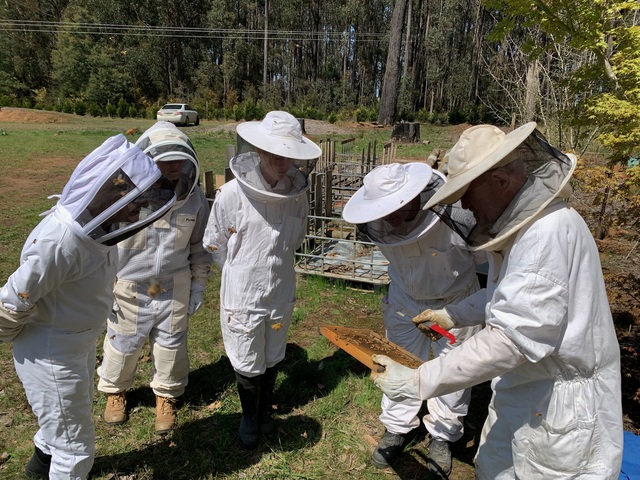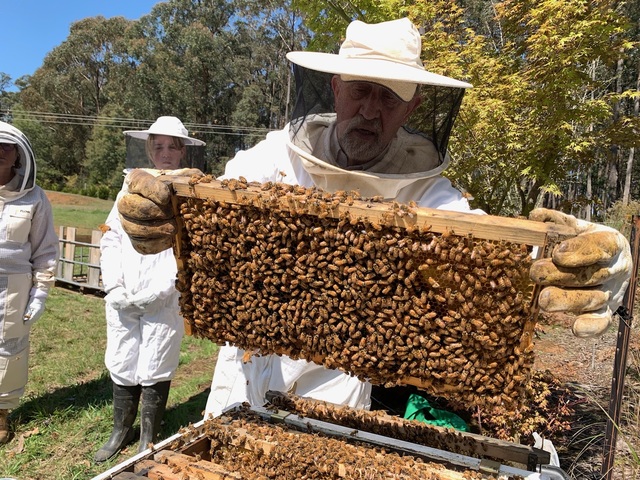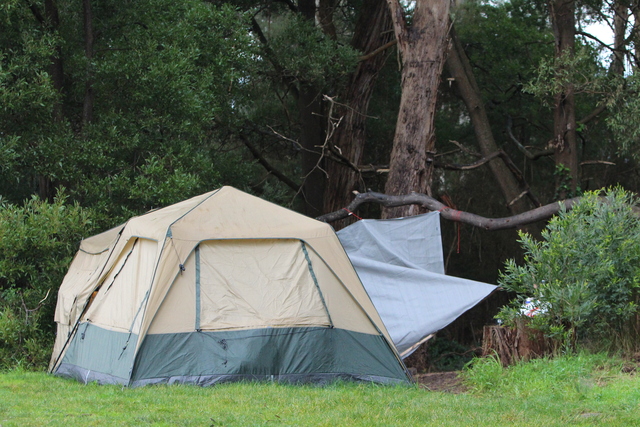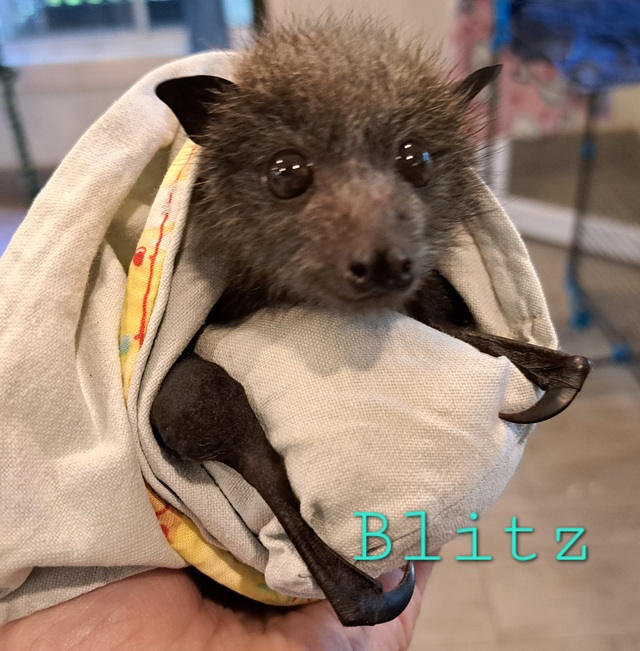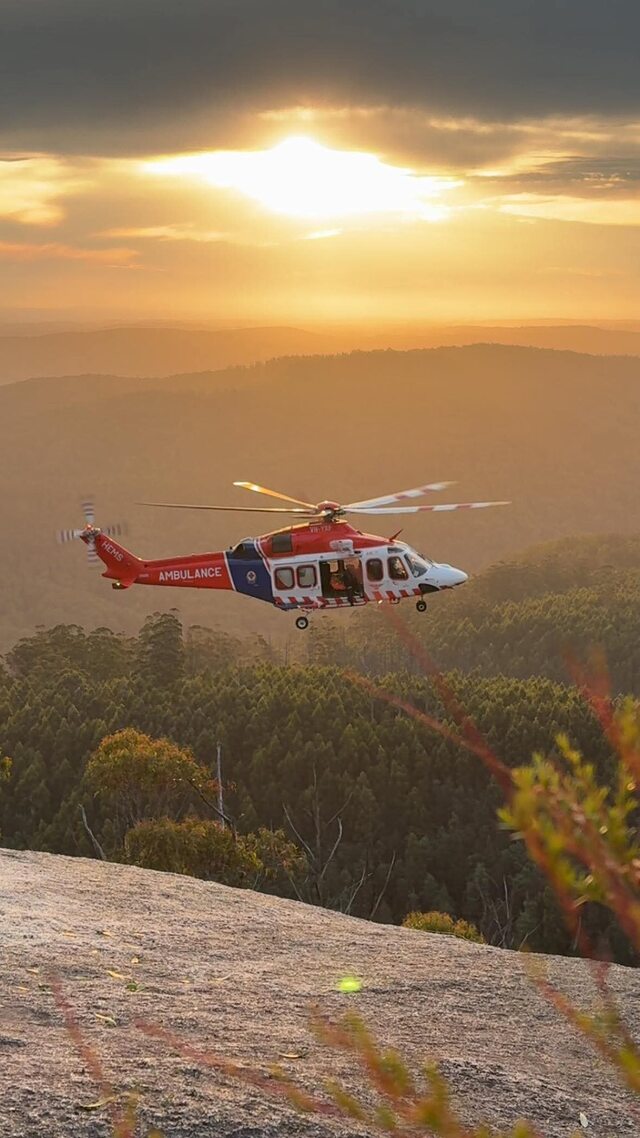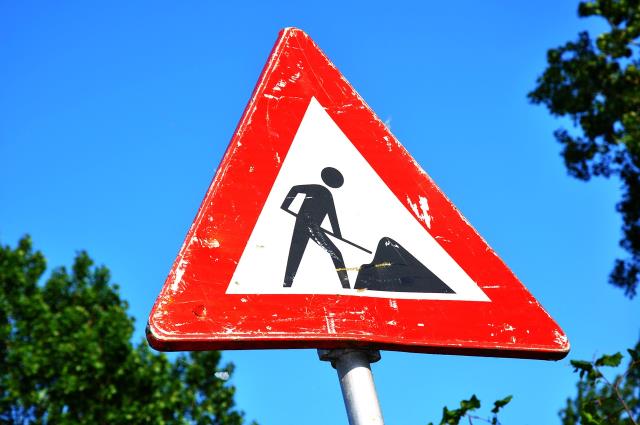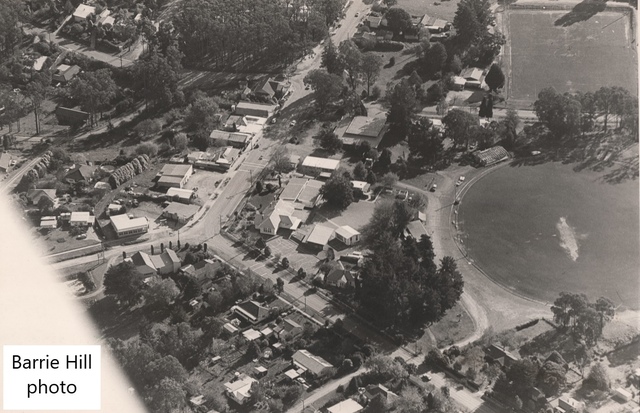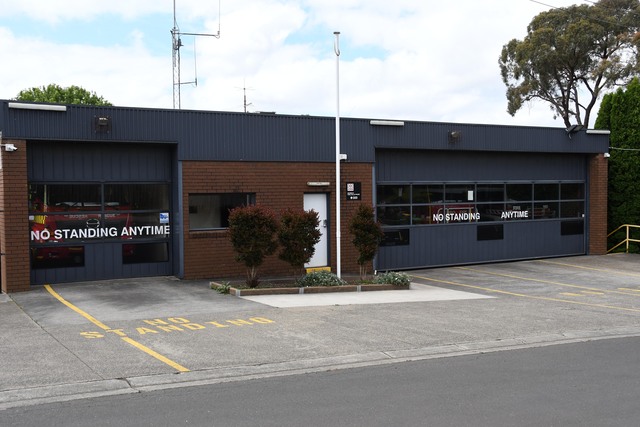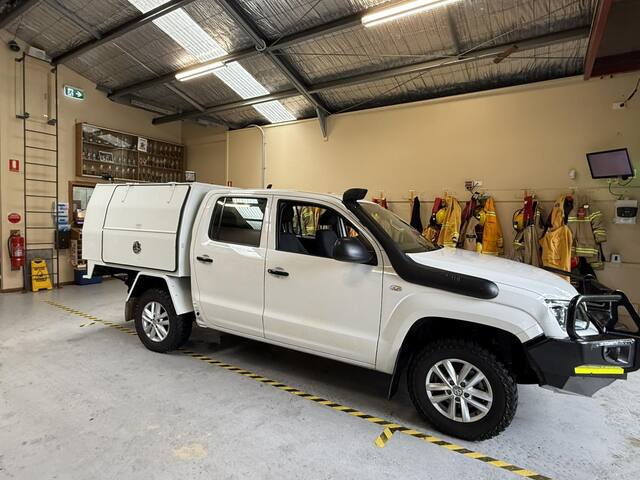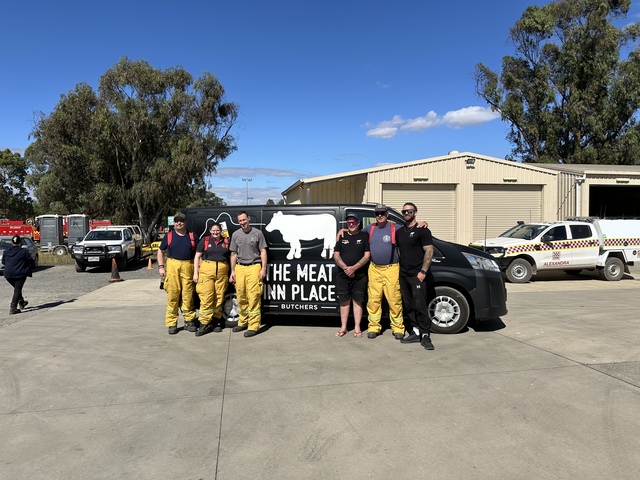The Emerald Regional Bee Keepers are calling all the local beekeepers to attend a crucial training workshop on the 26 October to focus on managing the Varroa mite, a significant threat to honeybee populations and agricultural productivity in the Yarra Valley.
The event is scheduled from 9am to 3pm at Gembrook Community Centre, this workshop is part of a national initiative aimed at educating beekeepers on best management practices for controlling Varroa mite infestations.
Emerald Regional Bee Keepers member Bronwyn Koll emphasised the importance of this training.
“Managing Varroa requires a complex and integrated approach,” she said.
“All beekeepers need to be equipped with this knowledge, especially since this will be the first workshop of its kind in the Yarra Valley.”
The workshop will provide in-depth information and practical applications for managing Varroa, a parasite that poses a serious risk to honeybee colonies.
Ms Koll said the impact of Varroa can be severe, leading to a decline in bee populations and, consequently, a decrease in pollination for vital crops such as cherries, apples, and stone fruits.
“Beekeepers in the Yarra Valley need to be proactive, if Varroa enters the area, it can significantly affect our agricultural industries, which rely on healthy bee populations for pollination,” Ms Koll said.
“While Varroa has not yet been detected in the Yarra Valley, it has spread throughout New South Wales since its initial detection about 10 to 18 months ago.”
According to the Australian Government’s Outbreak, in August this year, varroa mite was detected in a hive at a property near Mildura, during surveillance activities carried out by Agriculture Victoria – it is the first time the pest has been detected outside NSW.
In June 2022, varroa mite was first detected in NSW in sentinel hives during routine surveillance by NSW Bee Biosecurity Officers at the Port of Newcastle, which caused a national response to manage the biosecurity risk and spread, and protect the agricultural industry followed.
The risk of spread is being managed, however there will be no eradication program for varroa mite in Victoria.
Local beekeepers are encouraged to register for the workshop, as seats are limited.
Ms Koll also urges everyone involved in beekeeping to attend the event, highlighting the importance of responsible hive management.
“Every beekeeper in the region must work together to effectively manage and protect our bee populations,” she said.
In addition to the workshop, she recommended local beekeepers join local clubs, such as the Yarra Valley Bee Group, to build connections and share best practices.
“Being connected with other beekeepers is crucial for effective management, especially as we face the challenges posed by Varroa,” she said.
As the Yarra Valley prepares for this critical event, local beekeepers are reminded that proactive measures and community collaboration will be essential in safeguarding the region’s vital honeybee populations and the agricultural industries that depend on them.

